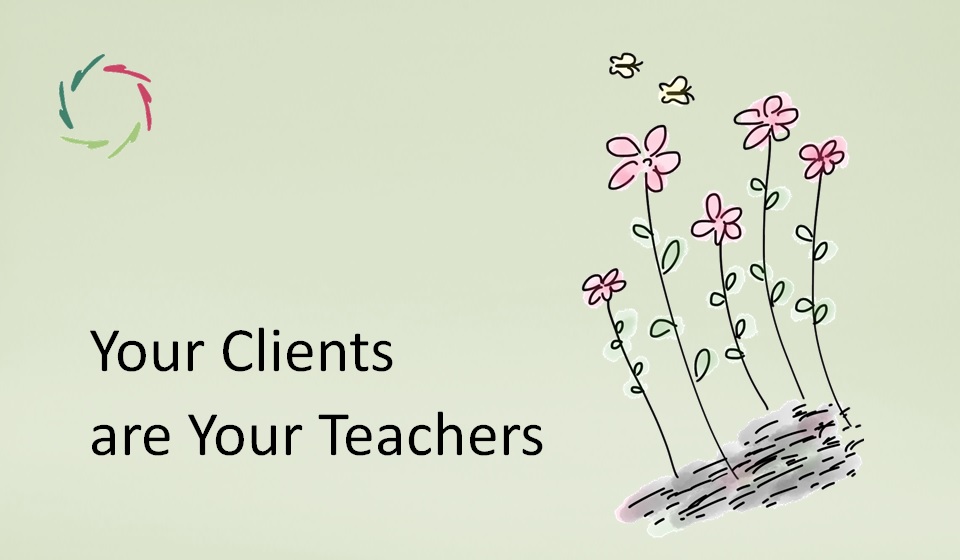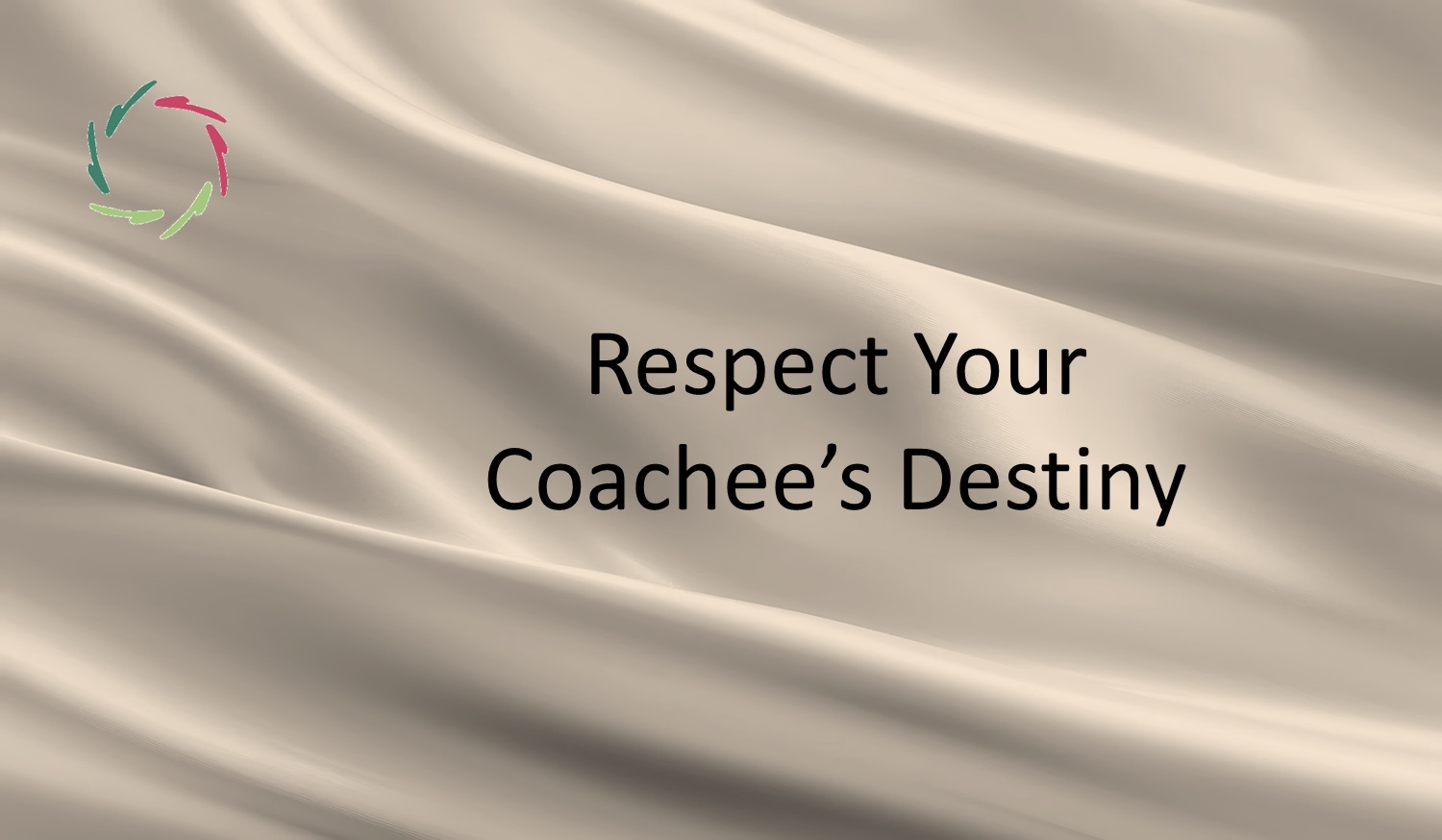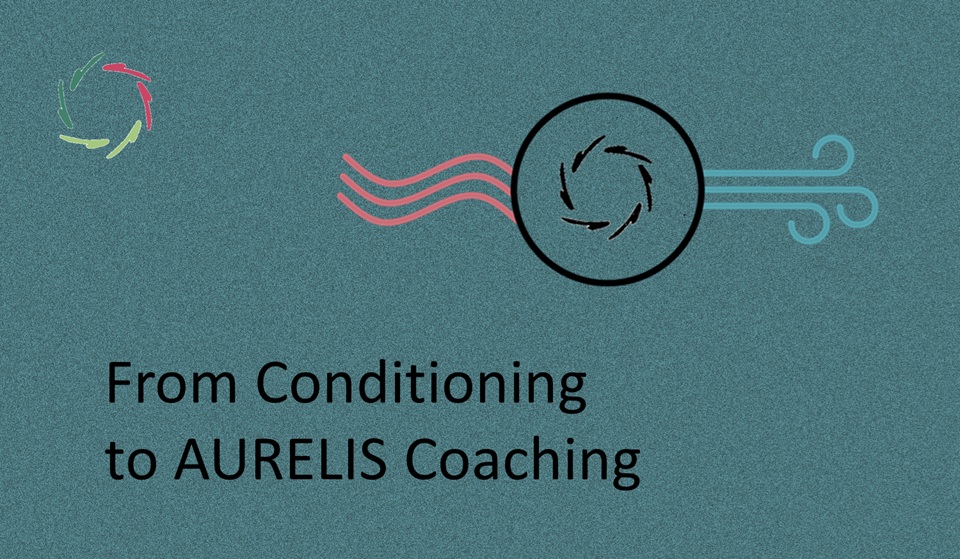Your Clients are Your Teachers

As AURELIS-coach, having your best teachers right before you, you can unlock this vast potential by being open. This is also the best attitude for the coaching itself.
As your teachers, they teach humility. They teach Compassion through their lives, their stories, and their relationships with you ― either by showing it or by the lack of it.
See also: The Client is the Therapy.
Not a sign of incompetence
On the contrary, the ability to learn from clients is a sign of great competence.
If the coach shows himself curious about the coachee’s thoughts – also about elements of the coaching or while reaching some new insight – the coachee may open up in gratefulness for the profound attention this conveys. The coach’s openness in this (Deep Listening) is an act of Compassion.
The truth is that in any good coaching, the coach and coachee evolve together. Thus, as a matter of fact, coaching is a good occasion for the coach to grow. With excellent coaching, the clients are the best teachers imaginable.
This is so much more important since in psychotherapy, super- or intervision by other psychotherapists has shown not to contribute much to the therapist’s quality.
Competent humility
An excellent AURELIS-coach needs to be humble in ego. It is the only way he can – as a total person – be the coaching tool the coach needs.
This is deeply related to the notion of servant leadership. It doesn’t mean that the leader/coach deems himself inferior ― quite the contrary. Grasping this (ego versus total self) is straightforward, yet naturally one of the most challenging things to accomplish in any growth process.
During the coaching
The entire period of any coaching session can be used for this endeavor. It demands profound attention from the coach. Fortunately, the goal to learn may be a good motivation for the coach to uphold this attention.
The G.I.M.O. also helps. Any insight that strikes the coach as being interesting for himself is an outstanding candidate for the G.I.M.O. Making the insight as clear as possible serves both the coach and coachee. The same is also important for the other G.I.M.O. parts.
Feedback
Within Lisa, feedback of many kinds is the basis of reinforcement learning through which the system can continually adapt and ameliorate.
More generally, no one can learn much without getting feedback. One good idea is to specifically ask for it at the end of each session using simple standard questions. Was the coaching session helpful?
The G.I.M.O. is a good instrument for achieving feedback. Also, asking about the G.I.M.O. of a previous session is especially suited. Surely, a human coach cannot memorize all this explicitly, but one can let oneself be implicitly influenced. It heightens the ‘karma of the coach’ (his implicit memory, if you like) through which he can perform better for the benefit of subsequent coachees.
So, as a coach, use your teachers well.
Many are happy to support you.
As a coach and physician, I have always tried to learn something meaningful from every encounter.


